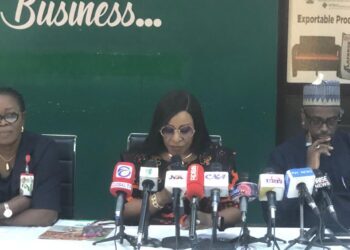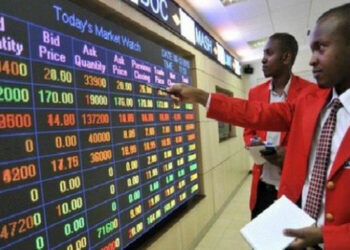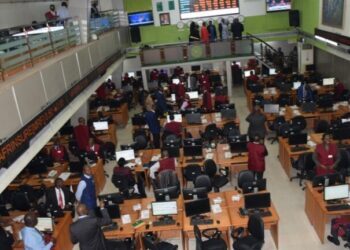The Supreme Court, in a groundbreaking decision on Wednesday, responded to the Federal Government’s plea to extend the validity of the redesigned Naira notes indefinitely.
The apex court unanimously ruled in favour, ensuring that the N200, N500, and N1000 notes, revamped during President Muhammadu Buhari’s administration, continue as legal tender until the necessary infrastructure is in place for their replacement.
In a unanimous ruling, the Supreme Court acknowledged the scarcity of new notes and the challenges faced by state governments, prompting the extension of the legal tender status of the old Naira denominations till December 31, following a suit in March 2022.
The recent decision, however, goes beyond, providing a perpetual extension, aligning with international best practices.
The Central Bank of Nigeria (CBN) reiterates its commitment to working with relevant authorities to address judicial pronouncements on the subject.
All CBN branches nationwide will continue to issue and accept both old and redesigned denominations, ensuring a smooth transition and maintaining financial fluidity.
The Federal Government, citing economic crises and challenges in printing new notes, filed an application seeking the extension.
The Attorney-General highlighted the transition between governments and ongoing consultations with stakeholders.
The government emphasizes the need to stabilize the economy by allowing both old and new versions of the N200, N500, and N1000 notes to coexist.
The Supreme Court’s decision, guided by the necessity to prevent a national crisis, aligns with the government’s plea.
Stabilizing the economy remains a top priority, and the perpetual validity of the old notes aims to prevent hoarding and ensure a seamless economic transition.











